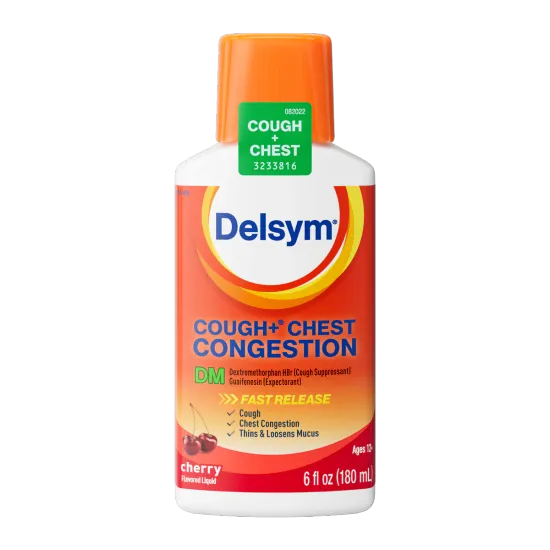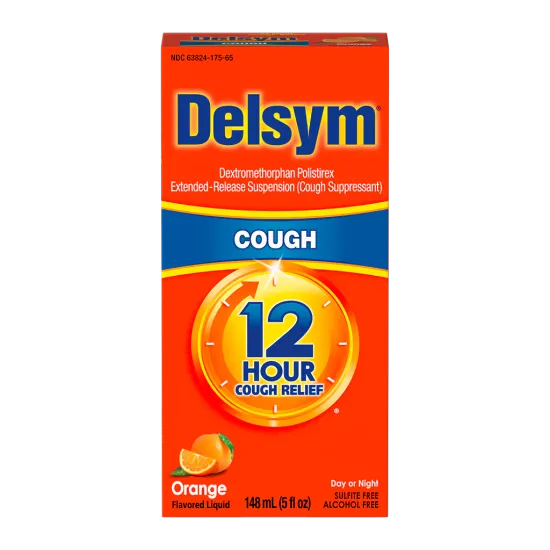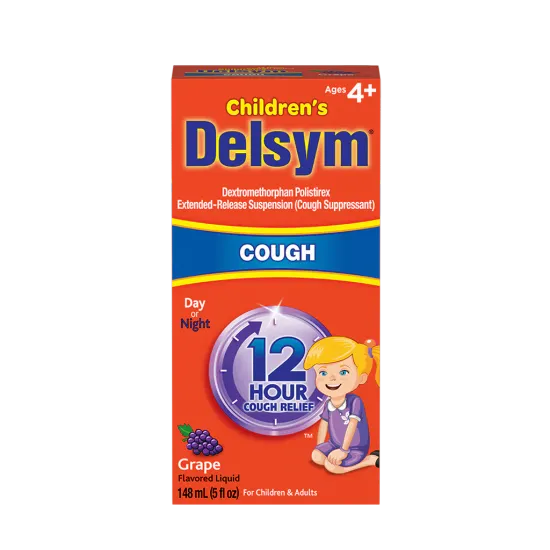
Dry Cough Causes and Prevention Tips



It’s that hacking that just won’t seem to let go. Dry coughing can go from a tickle in your throat to exhausting pain, keeping you up at night and struggling to rest during the day. While the symptoms of a dry cough are pretty similar from person-to-person, the causes can vary significantly. Knowing what prompted your own symptoms can help you better manage or even prevent them.
Colds or Flu
The common cold or influenza may be the cause of your symptoms. Usually called the flu, influenza is a virus-caused infection that can leave you with body aches, headache, chills and fever and a dry or a wet cough. Colds, also caused by viruses, can also cause a dry cough in some cases. If you’re otherwise healthy, you probably won’t need medical care for the flu or a cold. Rest and stay well-hydrated to expedite healing, and prevent the spread of the virus to others. Acetaminophen or ibuprofen can help reduce aches and fever caused by the flu.
Environmental Irritants
If your dry cough is chronic, there’s a good chance it’s caused by irritation from cigarette smoke or allergens, but you should consult a physician. You may also start coughing after breathing in heated, dry air. This type of cough worsens when you first turn on your heater during colder months, as dust that has collected over the summer blows into the air. Using a humidifier, treating your allergies and avoiding smoking can help alleviate your dry cough — along with over-the-counter (OTC) cough medicine as directed by your doctor.
Gastroesophageal Reflux Disease
Your cough could be caused by GERD, or gastroesophageal reflux disease. This chronic digestive disease happens when acid or other content in your stomach flows back up into your esophagus. This irritates the lining of your esophagus, causing a dry cough and other symptoms, such as heartburn, chest pain and hoarseness. Antacids, PPI or doctor-prescribed medications and lifestyle shifts, such as avoiding certain foods and maintaining a healthy weight, can help manage GERD.
Other Causes
Less common causes for a dry cough include whooping cough, mycoplasma pneumonia, inhaling or swallowing an object and side effects of certain blood pressure medications. Whooping cough is a highly contagious infection caused by bacteria in your nose and throat. Mycoplasma pneumonia is a bacterial infection that affects the lungs. If a drug is causing your cough, your doctor may opt to switch medications. If you have a bacterial infection, you may need antibiotics.
Tips for Prevention
To prevent dry cough and other symptoms of infections, keep a distance from people with the viruses and wash your hands well and often. Taking cough suppressing medicines can help keep the symptoms from getting worse. If a cough sets in, Delsym® Adult 12-Hour Cough Relief can help control coughing by reducing the urge to cough.
The Centers for Disease Control and Prevention recommends an annual flu vaccine as well. Seek your doctor's guidance for any severe or long-lasting symptoms, regardless of the cause.
.avif)